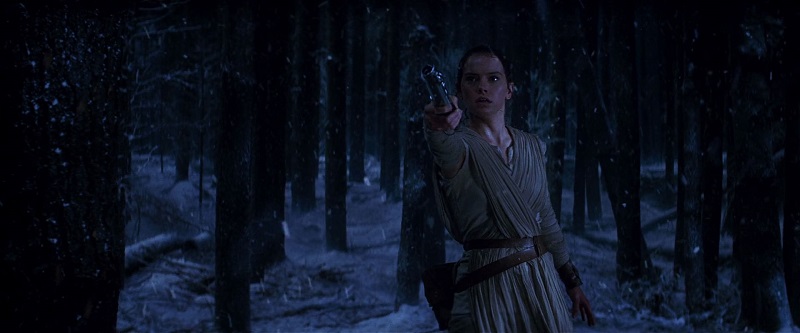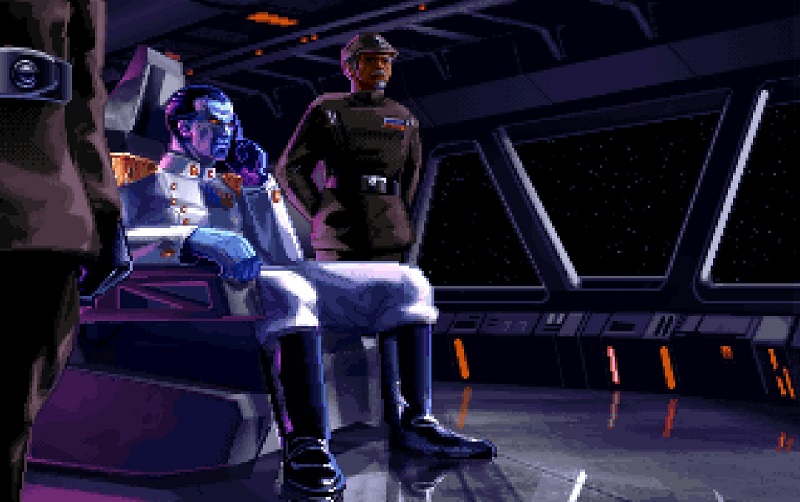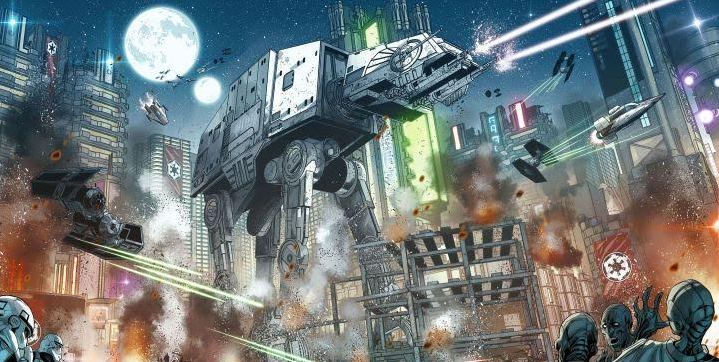
Any good government should learn from the mistakes and the successes of its forebears: in this case, after the defeat of the Empire, the New Republic should have copied the successes of the Old Republic without copying the mistakes that allowed Palpatine to take control so easily. The Old Republic, mired in controversy and stalemates, was easily manipulatable and powerless to stop its own corrosion, even though it was easily seen by every party involved. When all of the supplementary material for The Force Awakens was launched, I was shocked to see that the story of the New Republic was closely mirroring the story of the Old Republic. Stuck in a stalemate, the New Republic couldn’t decide how to move forward in terms of dealing with a shadowy organization that posed a pretty clear threat to it. I was afraid that we were seeing that the New Republic hadn’t learned the lessons it should have from the Old Republic and might prove itself to be in just as bad a place as the Old Republic. Bloodline seemed to explore the New Republic more critically, from Leia’s point of view, asking: what can a stagnant governing body do? For Leia, the answer was rebel against her own government…again. Which lessons did the New Republic not learn, and fail to learn so disastrously that Leia had to leave that which she helped create? And did their failure to learn these lessons make the New Republic worse from the start?
It may not come as a shock, but the biggest issue to address in the New Republic is its view of the military: what should the role of the military be in the new government? Should it be as large as it was under the Republic? An idealistic Mon Mothma begins demilitarization efforts on Chandrila only a few months after the Battle of Endor! I don’t think that this type of thinking can save the galaxy. Eventually, the fighting must stop and some sort of treaty has to be formed—you can’t kill an ideology just by killing a lot of people (something Leia has learned by 34 ABY). It is my opinion, though, that the New Republic reduced their military far too soon. Remember: this effort started before the Galactic Concordance was signed, so the Imperial Army and Navy was still intact! Between Endor and Jakku, you’ve got at least the four invasions of Naboo, the heavy blockade of the Anoat sector and Kashyyyk, and the continued plight of Ryloth. With these as just a few examples of Imperial aggression, it’s hard to figure out what made Mothma confident in de-escalating the war so early. Read More
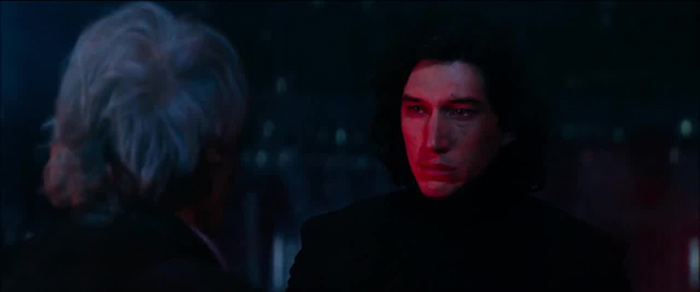
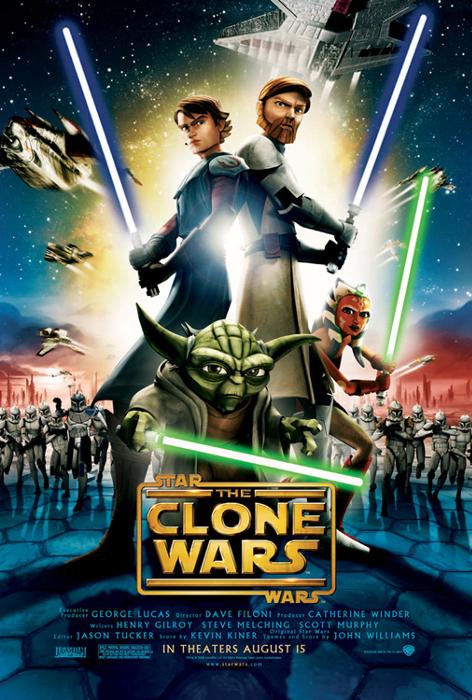 It is. Really. If it wasn’t for the Rebels cartoon and its friends, the A New Dawn book and the Kanan comic, I’d still be able to not care about the Clone Wars cartoon. Well, that and someone deciding to reboot the entire line a couple of years ago…
It is. Really. If it wasn’t for the Rebels cartoon and its friends, the A New Dawn book and the Kanan comic, I’d still be able to not care about the Clone Wars cartoon. Well, that and someone deciding to reboot the entire line a couple of years ago…